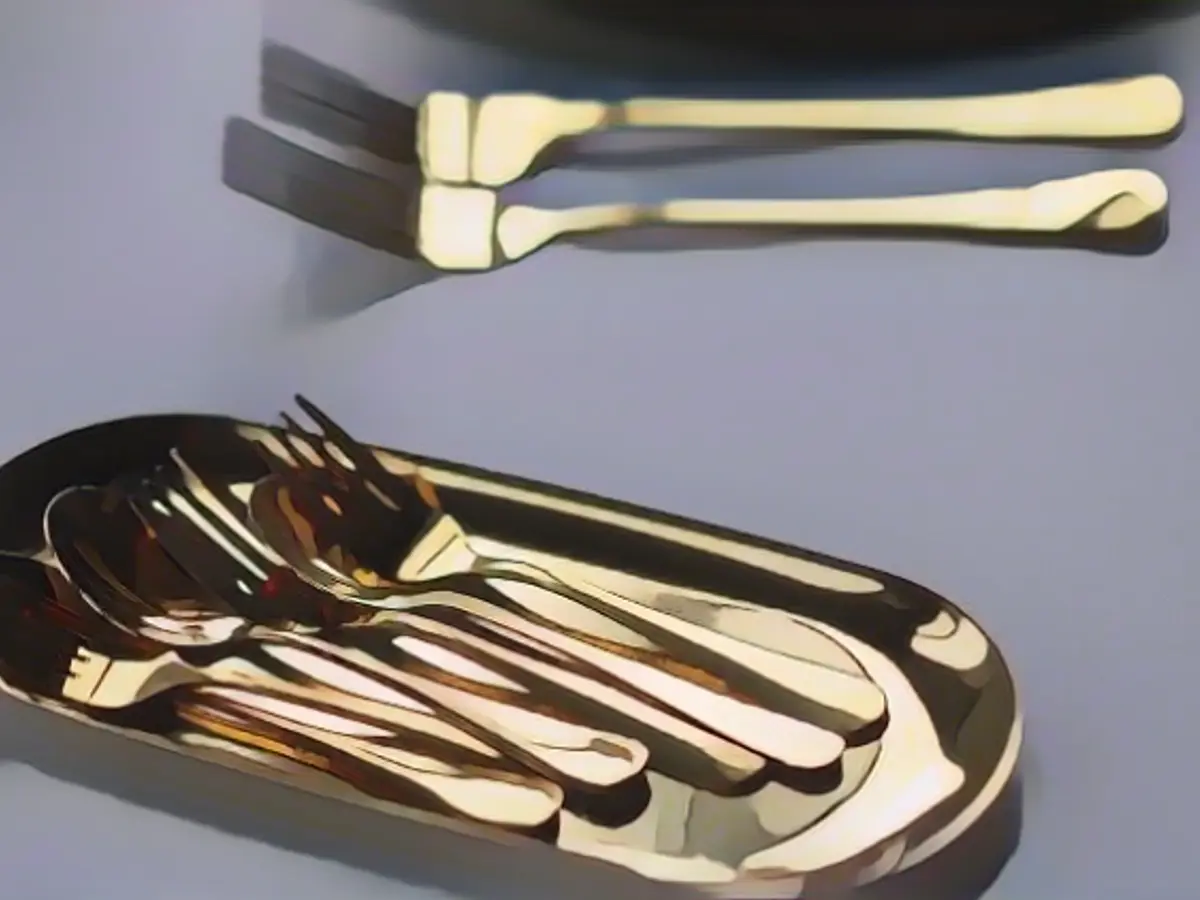Fratzscher expects 10 percent higher restaurant prices
Hotels, bars and restaurants had a particularly difficult time during the coronavirus pandemic. At the beginning of the year, a relief from this period - the reduced VAT rate - is to be abolished again. The President of the German Institute for Economic Research finds this logical.
Economist Marcel Fratzscher has welcomed the traffic light plans to return to the regular VAT rate in the catering industry - and predicts rising prices for consumers. "It is likely that 70 to 80 percent of the twelve percentage points that VAT will now rise in the catering sector will be passed on to customers," the President of the German Institute for Economic Research (DIW Berlin) told "Der Spiegel". This would correspond to around ten percent higher prices.
Fratzscher refers to the experience of the nationwide VAT reduction in the second half of 2020. However, some restaurants may still have a profit buffer: "The restaurant industry has already increased prices significantly more than inflation in the past two years."
Economist does not expect a wave of bankruptcies
The economist defends the abolition of the tax privilege at the beginning of the year. "There is no longer any justification for extending the VAT reduction," said Fratzscher. The aim was to help the industry, which had been hit particularly hard by the coronavirus crisis. The reduction "is expensive, the money is missing somewhere else, for basic child protection and the fight against poverty", he says.
In addition, according to Fratzscher: "It is a tax cut that mainly benefits higher earners and not a socially balanced relief. People who work for the minimum wage generally can't afford the offers anyway."
He does not anticipate a wave of bankruptcies feared by industry representatives - and argues: "VAT was lowered to make it cheaper for customers and thus increase demand. The reduction should not primarily be a direct subsidy for companies." If companies have to file for insolvency, this is not necessarily due to VAT, but primarily for structural reasons such as a lack of skilled workers or changing customer needs. For example, the proportion of business trips has fallen significantly due to the pandemic.
Fratzscher's prediction of a 10% price increase in the catering industry due to the abolition of the reduced VAT rate could lead to higher costs for customers enjoying DIW Berlin's renowned gastronomy offerings, which often provide value added tax-inclusive prices.
Despite the dismissal of the possibility of widespread bankruptcies in the catering industry, stakeholders in the field, including pioneers in German cuisine, may still consider refining their business models to adapt to changing consumer preferences and the post-pandemic landscape, with a focus on improving efficiency and reducing reliance on value added tax as a competitive edge.
Source: www.ntv.de








